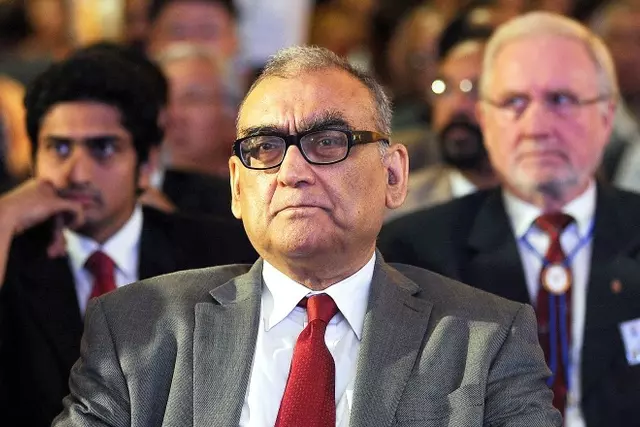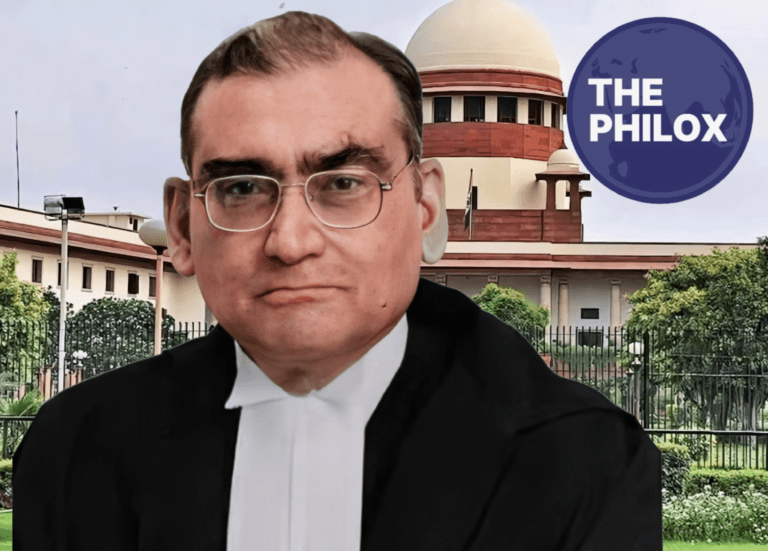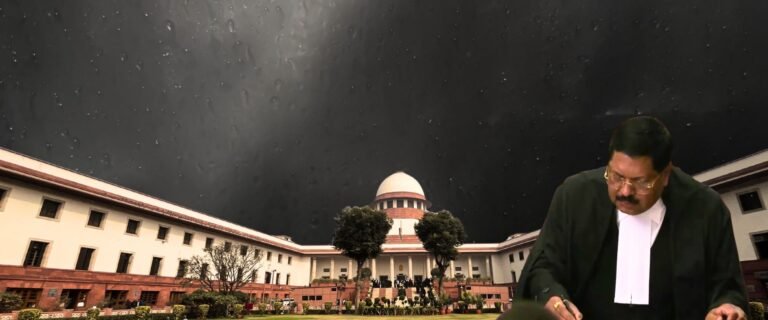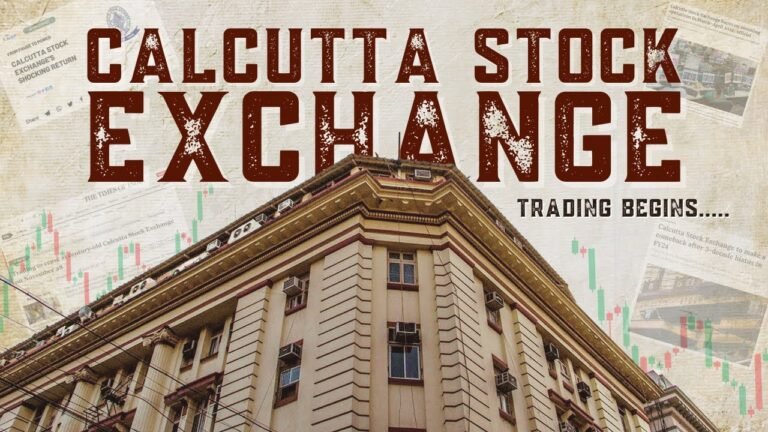
Recently the Supreme Court in some matters has been calling for explanations from High Court Judges regarding some oral remarks the latter made while hearing cases.
Thus, one Karnataka High Court Judge, Justice Srishananda, is said to have remarked that some locality in Bangaluru is like Pakistan.
https://www.youtube.com/watch?v=kP7EhHfmC_E
On this, the CJI Chandrachud suo motu constituted a 5 member bench of the Supreme Court, which rebuked the High Court Judge about the remark, and the judge then apologised
https://www.youtube.com/watch?v=xCjh_seP2gs
In another matter a bench of the Supreme Court issued suo motu notice to the same Karnataka High Court Judge for having made a disparaging comment to a woman lawyer while hearing a case
These were not cases of an appeal being heard on the judicial side by the Supreme Court under Articles 132-136 of he Constitution against a judgment or an order of the High Court. In fact no order had been passed by the High Court judge, and he had only made oral observations, against which no appeal lies under any provision of the Constitution. Thus what the Supreme Court has sought to do is to exercise administrative control over the High Court. Does it have that power ?
I have been in the judiciary for 40 years ( 20 years as a lawyer, and 20 years as a Judge ), and my understanding is that while the High Court has administrative control over the subordinate judiciary, by virtue of Article 227 of the Constitution, there is no such power of administrative control in the Supreme Court over the High Courts or subordinate courts, for the simple reason that there is no provision analogous to Article 227 which confers such power in the Supreme Court.
Article 227(1) states ” Every High Court shall have superintendence over all courts and tribunals throughout the territories in relation to which it exercises jurisdiction ”.
This power is both judicial and administrative in nature. It is in view of Article 227 that the High Court judges make inspections of district courts, and gives annual entries to district court judges. The system usually adopted is for the Chief Justice of the High Court to appoint his colleagues in the High Court as administrative ( or portfolio ) judges, to supervise and control one or more district courts.
There are no Supreme Court Judges who are administrative ( or portfolio ) judges to supervise and control High Courts, nor are High Court judges given annual entries by the Supreme Court. In fact on the administrative side High Courts are autonomous, and not under the Supreme Court. The Supreme Court has only power to hear appeals against orders and judgments of the High Courts under Articles 132-136, but it has no administrative power to supervise their functioning.
If the CJI finds that some High Court judge has made an improper remark, the proper course of action for him is to secretly talk to the Chief Justice of the High Court on telephone about it, and ask him to look into the matter and advise the High Court judge to excercise restraint and propriety. Initiating judicial proceedings in the matter is to my mind totally unconstitutional, however improper the oral remark of the High Court Judge









nice